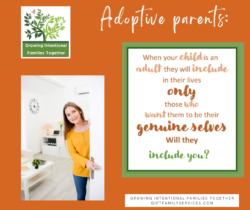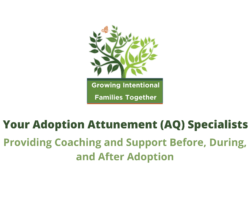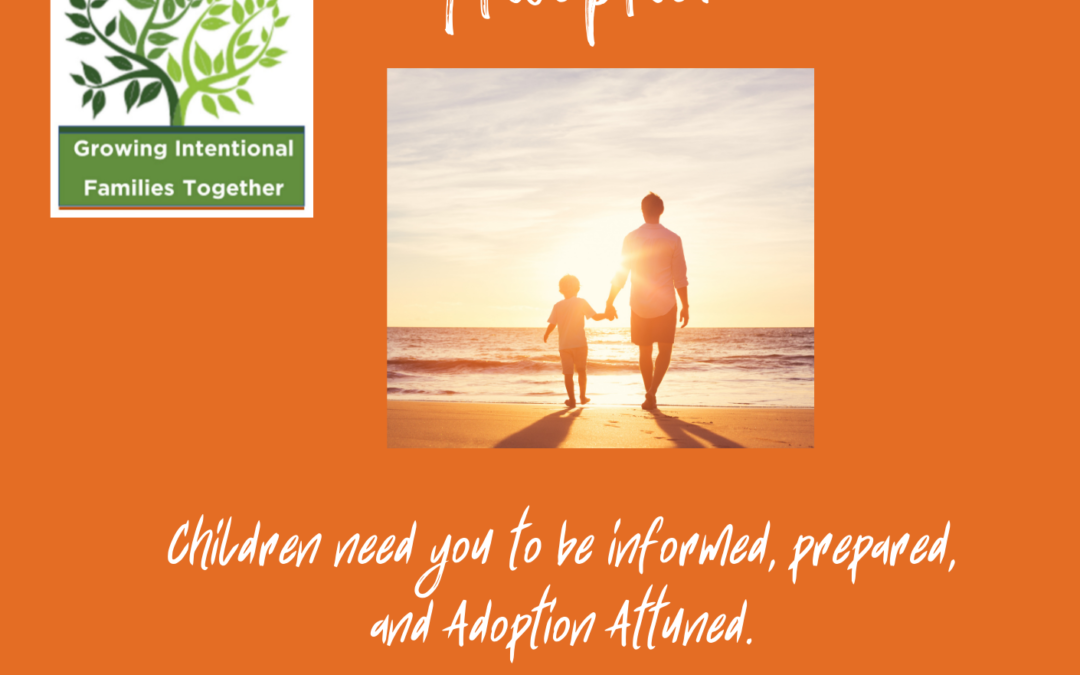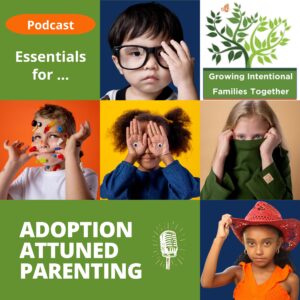Feeling short of time or finding it difficult to concentrate? You can listen to this post. Listening Time: 8:28
 While waiting to become a parent, I spent some time ruminating on the way my own parents raised me. After I became a parent the challenges of parenting became real. I developed some empathy for them and an appreciation of their motives and intentions. I realized how complicated parenting is and that enabled me to now see my parents with grace and insight. I could forgive them for not being perfect.
While waiting to become a parent, I spent some time ruminating on the way my own parents raised me. After I became a parent the challenges of parenting became real. I developed some empathy for them and an appreciation of their motives and intentions. I realized how complicated parenting is and that enabled me to now see my parents with grace and insight. I could forgive them for not being perfect.
I hoped that my children, once they became adults, would grant me a similar grace, understanding, and acceptance.
Now that you are an adult, you probably realize that your parents’ choices influenced how you bonded to them and whether or not you enjoyed—or continue to share— a good relationship.
Parenting choices matter through the lens of time. They create a legacy between parent and child. If you felt seen, heard, understood, and valued, they succeeded as parents. Your connection with them is likely one of mutual respect, trust, and affection. Or perhaps, their parenting choices left you feeling invalidated, controlled, judged, and inadequate. If that is the case, it probably has led you to maintain a distant relationship based on obligation and duty. Or sadly, you may have felt it necessary to cut all ties with them.
As I’ve written many times, in this blog, adoptive parenting is like bio parenting but in the dark while hurtling along at a hundred miles an hour. There are more factors to blend, more relationships to juggle, and more wounds to heal. One thing we share with other parents is an intention to build a life-long loving attachment as a family. We hope—we trust—that once they achieve adulthood, our children will choose to stay in a relationship with us. This will happen if that parent/child relationship enriches the quality of their lives.
Adopted kids are exactly like kids raised by their biological parents in one significant way: once they are adults, they make their own life decisions. They will choose what to do, where to go, and whom to include along the way.
Once an adoptee achieves adulthood, they take the reins of their lives. They will decide whom to hold close, whom to hold at arm’s length, and whom they need to remove from their lives. If adoptive parents have attuned well to their child, recognized adoption complexity, validated their child’s balancing of nature and nurture, and encouraged them to be genuinely themselves, their child is likely going to cherish their relationship with their adoptive family and choose to be invested in it. When all is said and done, will they choose to include us in their adult lives?
If we have expected them to get comfortable with the idea that they can erase their birth family out of their lives without a backward glance, do not be surprised if sometime in the future they decide to reverse that decision. You may be the ones left out of the picture.
As an adoption coach, it is essential that I listen with an open mind and heart to many perspectives. The central and most knowledgeable source of information on adoption is that of adult adoptees. After all, they live adoption 24/7. One of the persistent and saddest themes that reverberate in adoptee forums is that their adoptive parents never saw the real them. Instead, their parents—by subtle or maybe overt expectation —required the adoptee to suppress their own aptitudes, personalities, and interests and subordinate them to the adoptive family’s vision of who their adoptive parents thought they ought to be.
Many adoptees report that their adoptive parents required them to stuff their real selves to conform to the established pattern of their adoptive family—whether it suited the adoptee or not. Adulthood provided them their first opportunity to be genuinely themselves—to be who they felt drawn to be, to pursue their own interests, and explore their innate identity.
Too often, the only way adult adoptees can find the freedom and breathing space to become their genuine selves is by terminating their relationship with their adoptive parents. This decision to opt for a repeat of the fracture of family ties is not taken lightly. Yet adult adoptees say sometimes cutting ties is essential to their mental and physical health. Adoptees who opt for estrangement do not do so cavalierly; they see this extreme choice as their only option.
Estrangement can happen because the adoptive family chose not to make space —at least emotionally and psychically, if not physically — to support their child’s need, desire to embrace both their adoptive family relationships along with their birth family relationships. Sometimes an adoptive family insists/insisted that the adoptee holds the adoptive family as their only Real family. While the adoptive family may not express this expectation in literal words, they often convey their demand in powerful ways which the adult adoptee clearly receives: Choose us or Them. Not both.
Adoptive parents who try to parent as if they are the sole significant force in their child’s growth and development will find this approach imperils healthy relationships and impedes genuine connection.
Parents who viewed their child’s connection to their birth family as unimportant and dispensable may be surprised to discover that their adult child may choose this same strategy to eliminate the adoptive family from their adult lives. On the other hand, if adoptive parents carved space for Both/And regarding their child’s two families, they may reasonably expect that this inclusiveness will continue once the adopted adult controls whom they will include in their lives.
Research has clearly demonstrated that adopted persons need all the pieces of their story—from conception through birth, adoption, and throughout their lives. They also need all their significant relationships both birth and adoptive. It is unreasonable and unhealthy for adoptive parents to live as if birth relationships don’t matter: They do. DNA is real, influential, and potent. Its influence cannot be erased by an adoption decree.
As you hold your child in your arms, consider how your validation of your whole child now will influence how they value their relationship with you in the future. When you make your parenting decisions, they will form an important part of the legacy you leave them.
As parents, we strive for our children to know that we had their best interests at heart. A healthy relationship is reciprocal, mutually enriching, and respectful. We want to build a relationship that will allow our children to welcome us with open arms and value us as an important, ongoing
part of their lives.” Be intentional. Parent in a way that your children will want you in their adult lives.

Learn how the coaches at GIFT Family Services can help you and your family navigate your adoption journey. We’ve faced our share of family challenges and crises, ridden the metaphorical rollercoaster, and our families have not only survived; they have thrived. We offer experience, neutrality, and understanding. GIFT coaches are available to present workshops online. Contact us : 1-800-653-9445





